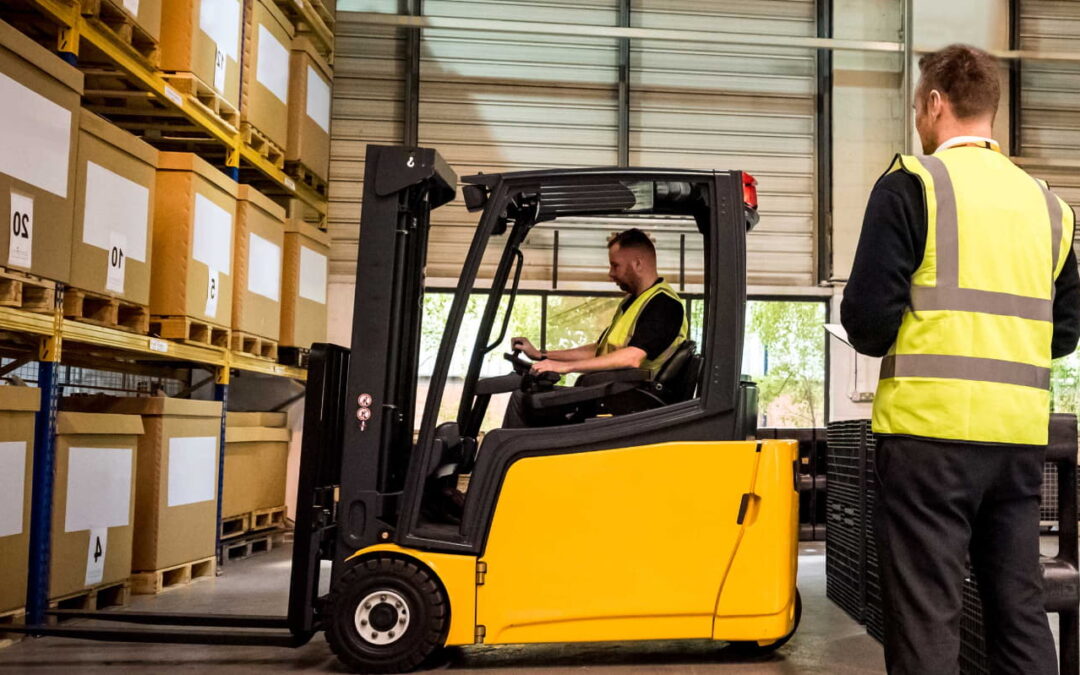In the world of warehousing and material handling, forklifts play a vital role in ensuring the smooth flow of goods and materials. As businesses continue to expand and evolve, so does the need for highly skilled forklift operators who can handle specialized situations. This is where advanced forklift training comes into play. By investing in this valuable training, businesses can improve efficiency, reduce accidents, and enhance overall workplace safety.
Benefits of Advanced Forklift Training
Enhanced Workplace Safety
It is one of the most significant benefits of training. By learning how to handle specialized scenarios, operators can avoid potential accidents and minimize risks. This not only keeps employees safe but also reduces the likelihood of costly damage to equipment and inventory.
Improved Efficiency
When operators have the skills to handle unique situations effectively, they can complete tasks more quickly and with greater accuracy. This leads to increased productivity, which is essential for any business looking to stay competitive in today’s fast-paced world.
Compliance with Regulations
Complying with industry regulations and standards is crucial for businesses operating in the material handling sector. Advanced training ensures that operators are well-versed in the latest guidelines and best practices, helping businesses avoid fines, penalties, and potential legal issues.
Increased Employee Confidence
Empowering employees with advanced forklift skills can give them the confidence to tackle challenging tasks with ease. This not only boosts their job satisfaction but also helps create a positive work environment where employees feel valued and appreciated.
Advanced Training Topics
Advanced forklift training in Sydney covers a wide range of topics, including:
- Specialized Equipment: Operators learn how to use specialized forklift attachments, such as clamps, rotators, and extendable booms, to handle unique loads and situations.
- Hazardous Environments: Training focuses on safe operation in environments with hazardous materials or extreme temperatures, teaching operators how to identify potential hazards and take appropriate precautions.
- Narrow Aisle Navigation: As warehouses maximize storage space by utilizing narrow aisles, advanced training teaches operators how to maneuver forklifts safely and efficiently in these tight spaces.
- Load Stability: Operators gain a deeper understanding of load stability principles, enabling them to handle oversized or irregularly shaped loads with confidence.
Conclusion
Investing in advanced forklift training is a smart move for any business looking to optimize its material handling operations. By equipping operators with the skills needed to navigate unique scenarios, companies can enhance workplace safety, improve efficiency, and ensure compliance with industry regulations.

